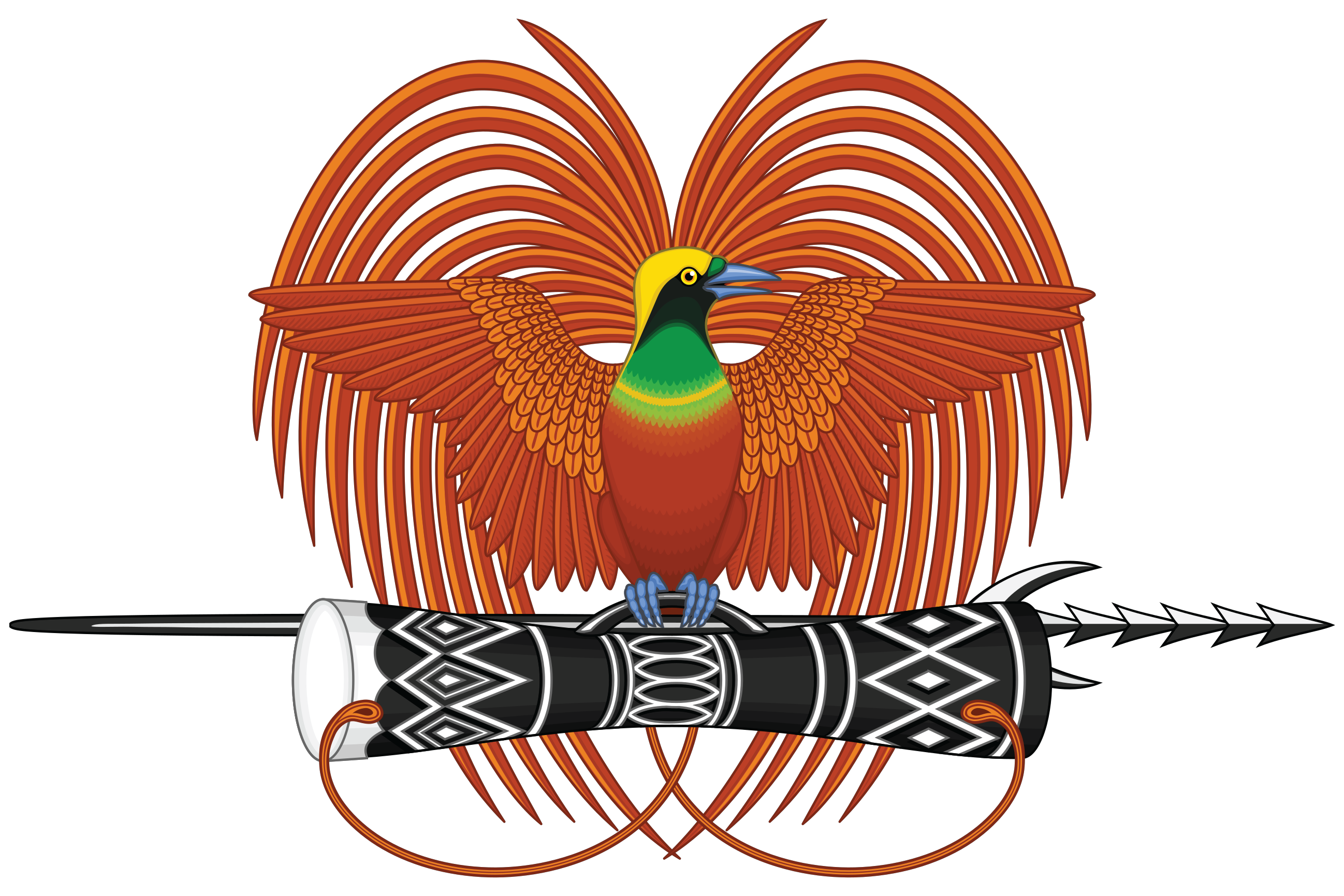Strengthening the Digital Skills of Farmers in the Sepik Region of Papua New Guinea
EU-STREIT PNG Programme empowers farmers in the Sepik region of Papua New Guinea with essential digital skills, driving sustainable agribusiness development and fostering economic growth.

Participants practise taught digital skills during the training workshop organised by ITU under the EU-STREIT PNG Programme in Vanimo.
©FAO-STREIT
Wewak, Papua New Guinea – European Union-funded STREIT Programme in Papua New Guinea is spearheading a program to build the capacity of lead farmers in digital skills, e-agriculture, and agri-meteorology services in the Sepik region of the Country. Implemented by the International Telecommunication Union (ITU), this initiative is focused on empowering farmers with essential digital tools and knowledge to transform agri-food business practices and enhance farmers' resilience to climate change.
Situated in the heart of Papua New Guinea, the Sepik region is renowned for its fertile lands and vibrant farming communities. However, limited access to digital resources and skills has impeded progress in the region. Recognising this challenge, ITU, as part of the EU-STREIT PNG Programme, is bridging the digital divide and building the capacity of lead farmers in various aspects of digital literacy, including the effective use of smartphones and mobile applications, and other digital resources that enhance their agricultural practices, market access, and decision-making capabilities.
In this framework, the ITU recently organised two intensive workshops in Vanimo, West Sepik Province and Maprik in East Sepik Province, pulling together 74 lead farmers and agri-food business actors.
The training program, conducted in collaboration with local partners, provided lead farmers with hands-on experiences in various digital applications tailored to the agricultural context. Farmers learned and upskilled how to: 1) apply basic computing skills and use productivity tools to create word documents, spreadsheets and presentations; 2) communicate and interact with fellows using computers and mobile phones; 3) use social media tools in content creation, information sharing, e-marketing, and mobile payment, and 4) improve understanding of agri-meteorological tools and services and their capabilities, including Agricultural Meteorological Advisory Monitoring and Services (AMAMAS) system for informed decision making using weather and climate forecasts and agrometeorological advisories specific to crops of interest.
Embracing the taught skills, the participants found the trainings instrumental in doing agribusiness. Mr William Ripai, Chairman of KISE Cooperative Society Ltd in Lumi District, who participated in the training held in Vanimo, explained: “I’m fortunate to learn basic internet and computer skills that will support my group to market our produce to potential buyers. With Microsoft Word, I learned how to write a profile of our farmer group, and with Excel, I learn how to calculate the price per item as well as the total number of bags for 48 weeks in a year, and we learn to upload pictures of our produce we are selling for potential buyers.”
Ms Angela Passingan, the Chair Lady of BAMA Women’s Group of Ulau Village in Aitape-Lumi District, was also excited to see some farmers touching a computer for the first time. “A male farmer was not confident to touch the computer mouse, but I felt really happy when he did on the second day. Angela is a former secondary school teacher who assisted in training some farmers in her group who, for the first time, learned how to use computers and the Internet.”
As part of the EU-STREIT PNG Programme, 10 resource centres equipped with PCs and VSAT internet connections are being established across the Sepik region, to provide farming communities with reliable access to the internet, capacity-building digital skills trainings, and digital services, including e-marketing.
The ITU-STREIT Project Officer, Mr Kanagat Alyshbaev, emphasises the transformative power of digital skills in agriculture. He states, "By building the capacity of lead farmers in digital skills, we are unlocking the potential for innovation and growth in the agricultural sector, including agribusiness activities. This initiative represents a crucial step toward achieving sustainable and inclusive development in the Sepik region."
By investing in digital skills, ITU aims to create a ripple effect where lead farmers become agents of change within their communities. As these farmers acquire new knowledge and skills, they can inspire and support fellow farmers on the path to digital transformation.
The EU-STREIT PNG Programme, being implemented as a UN Joint Programme (FAO as the leading agency, and ILO, ITU, UNCDF and UNDP as partners), is the largest grant-funded Programme of the European Union in the country and the Pacific region. The Programme aims to help improve the lives of the people from East and West Sepik provinces, by focusing on increasing sustainable and inclusive economic development of rural areas through improved economic returns and opportunities from cocoa, vanilla and fishery value chains while strengthening and improving the efficiency of value chain enablers, including the business environment, and supporting sustainable, climate-resilient transport and energy infrastructure.
Contact
Amir Khaleghiyan International Reporting and Communication Officer +675 7410 2860 [email protected]



